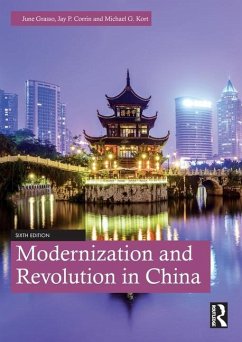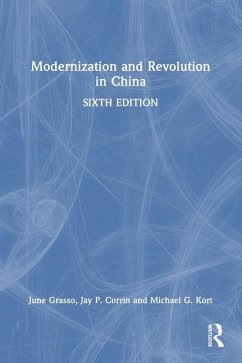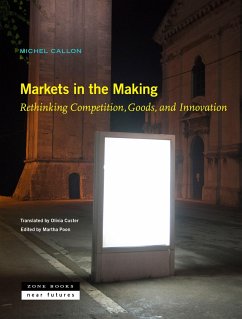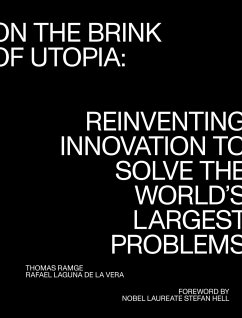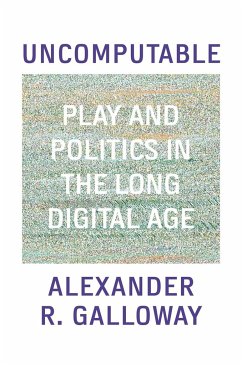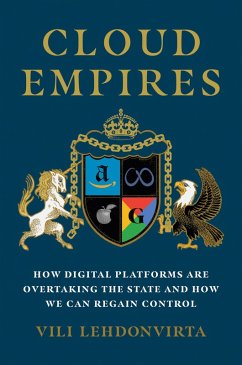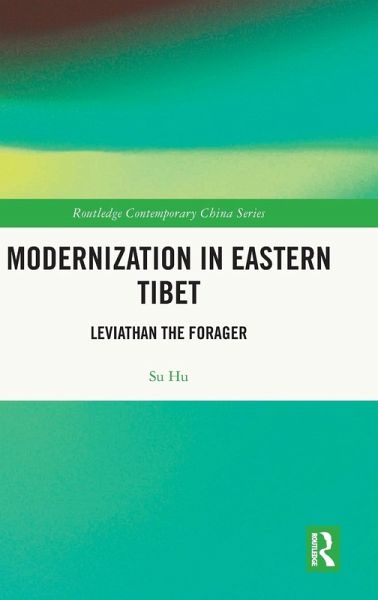
Modernization in Eastern Tibet
Leviathan the Forager
Versandkostenfrei!
Versandfertig in 6-10 Tagen
138,99 €
inkl. MwSt.
Weitere Ausgaben:

PAYBACK Punkte
69 °P sammeln!
Using ethnographic materials and documents from East Tibetan villages, this book addresses the impact of modernization on everyday life and the ways in which it melds with traditional forms of knowledge to create a new Tibetan identity and scientific rationality.Including cases centred on meteorology, geography, and seismology, the book assesses a wide range of traditional local activities, including foraging, farming, and domestic practices, and argues that and demonstrates how science, technology, and ideas about modernity have all influenced these activities. It highlights that when inconsi...
Using ethnographic materials and documents from East Tibetan villages, this book addresses the impact of modernization on everyday life and the ways in which it melds with traditional forms of knowledge to create a new Tibetan identity and scientific rationality.
Including cases centred on meteorology, geography, and seismology, the book assesses a wide range of traditional local activities, including foraging, farming, and domestic practices, and argues that and demonstrates how science, technology, and ideas about modernity have all influenced these activities. It highlights that when inconsistencies among different knowledges emerge, modernization can create inconsistent assemblages of modern and traditional practices and reveal the multiplicity of everyday life.
Using these examples of everyday life to portray the complexity of day-to-day existence in Tibet, this book will be of huge interest to students and scholars of Tibet, China, human geography, anthropology, and the sociology of science and technology.
Including cases centred on meteorology, geography, and seismology, the book assesses a wide range of traditional local activities, including foraging, farming, and domestic practices, and argues that and demonstrates how science, technology, and ideas about modernity have all influenced these activities. It highlights that when inconsistencies among different knowledges emerge, modernization can create inconsistent assemblages of modern and traditional practices and reveal the multiplicity of everyday life.
Using these examples of everyday life to portray the complexity of day-to-day existence in Tibet, this book will be of huge interest to students and scholars of Tibet, China, human geography, anthropology, and the sociology of science and technology.





